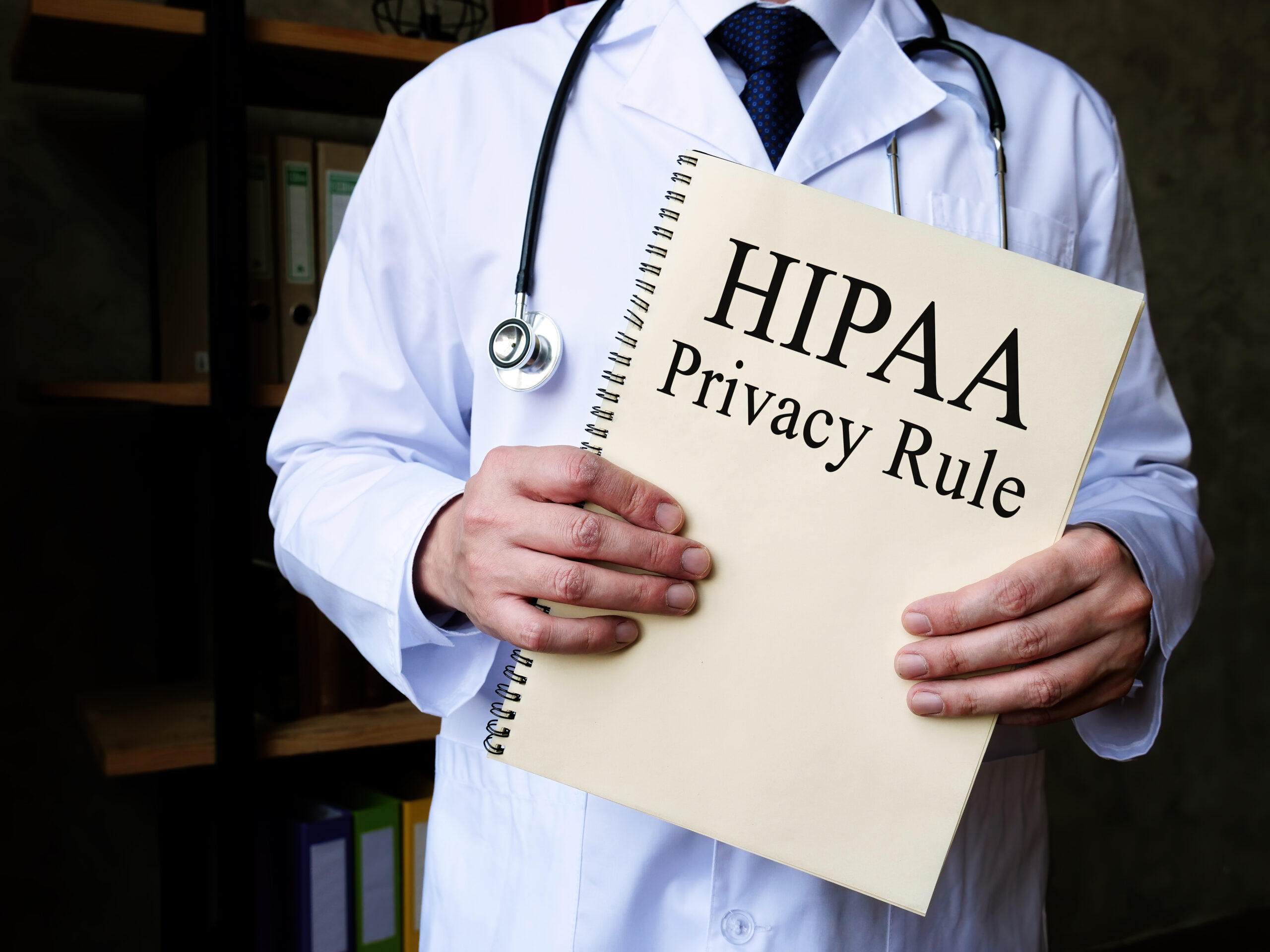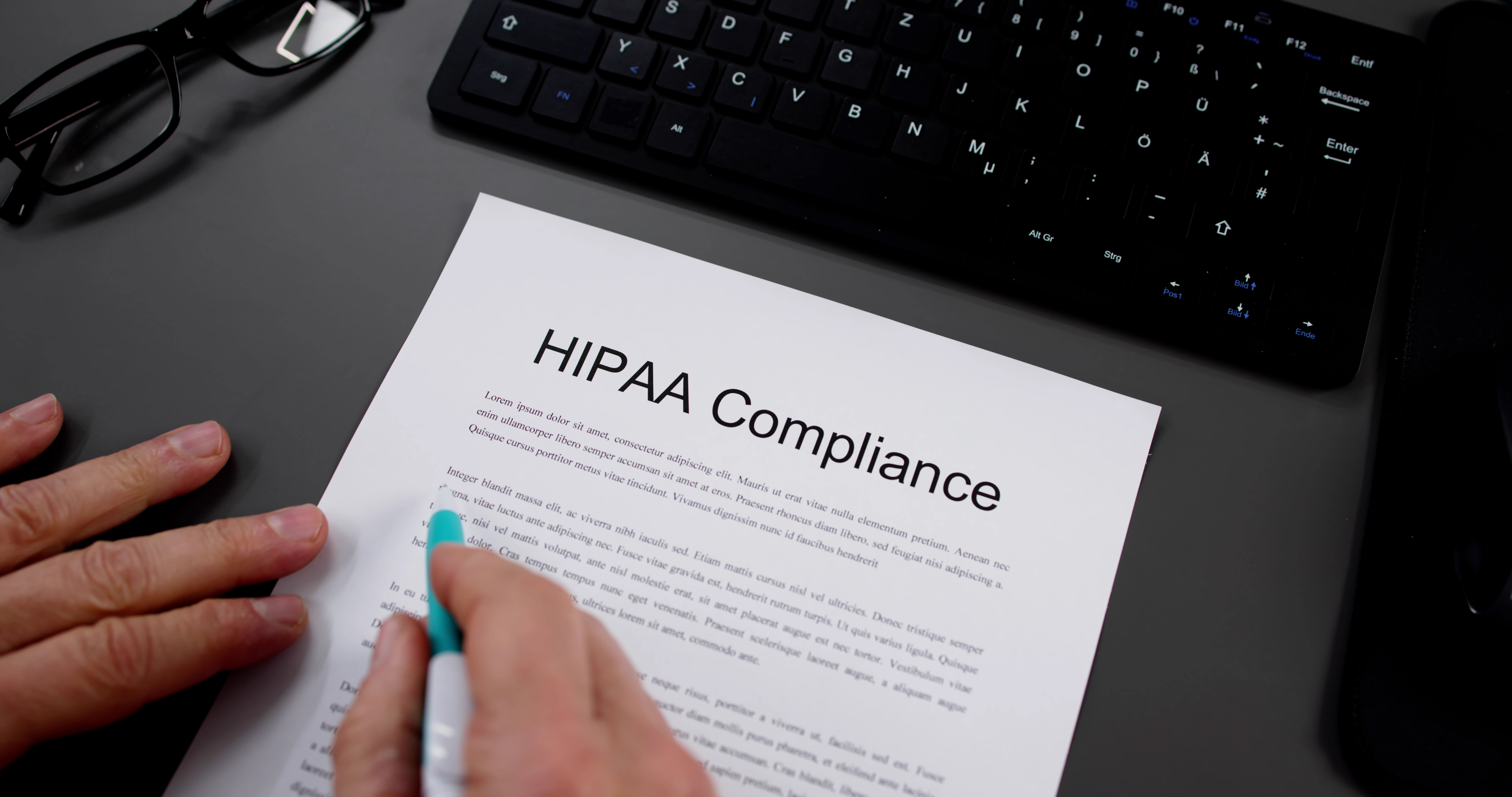As cyber threats continue to evolve, HIPAA and cybersecurity are becoming increasingly intertwined. The healthcare sector, a prime target for cybercriminals, is under growing pressure to not only comply with the Health Insurance Portability and Accountability Act (HIPAA) but also to strengthen its cybersecurity defenses. Recent breaches, such as those involving SouthCoast Health and Call 4 Health, have highlighted the critical need for organizations to implement robust security measures and comprehensive compliance training to protect sensitive patient data.
In June 2023, SouthCoast Health in Georgia experienced a cybersecurity breach in which unauthorized access was gained to its network. Hackers copied sensitive data from the healthcare provider, affecting hundreds of patients. While the breach was confined to SouthCoast Health’s network, it also impacted Privia Medical Group, which used the same network. The breach raised significant concerns over the safeguarding of protected health information (PHI). Which promotes the organization to offer credit monitoring services to those affected.
A similar breach occurred in March 2024. Call 4 Health, a medical call center, experienced unauthorized access to its systems. Which resulted in compromising sensitive employment and health data for over 10,000 individuals. This breach, which lasted for six weeks, prompted the organization to bolster its cybersecurity protocols. Along with offering credit monitoring to affected individuals. These incidents underscore the vulnerability of healthcare organizations and the need to prioritize both HIPAA compliance and cybersecurity.
Strengthening Cybersecurity with HIPAA-Compliant HR Policies
As these breaches illustrate, HIPAA compliance is not just about adhering to regulations; it’s about creating a culture of cybersecurity awareness across all levels of the organization. Healthcare organizations must go beyond basic compliance and invest in robust cybersecurity strategies. This begins with ensuring that employees are well-versed in the importance of protecting PHI and understanding the organization’s cybersecurity policies.
HR policies play a crucial role in HIPAA compliance by outlining clear guidelines for handling PHI and emphasizing the importance of data protection in everyday operations. These policies should address everything from password management and encryption to handling patient data securely both online and offline. HR departments must also ensure that employees undergo regular training to keep up with the latest cybersecurity risks and HIPAA regulations.
The Importance of Ongoing HIPAA Training and Risk Mitigation
Given the increasing frequency of cyberattacks, regular training on HIPAA compliance and cybersecurity is more important than ever. Employees should be educated on how to recognize phishing attempts, avoid malware, and respond to security threats effectively. Training should also include specific guidance on how to report potential breaches and comply with the breach notification requirements set forth by HIPAA.
Moreover, organizations must conduct regular cybersecurity risk assessments to identify potential vulnerabilities and implement strategies to mitigate those risks. These assessments should be part of an ongoing compliance program that includes updating security measures, testing incident response protocols, and continuously reviewing HR policies to ensure they reflect current cybersecurity best practices.
Moving Forward: Enhancing Security in the Healthcare Sector
With cyber threats becoming more sophisticated, healthcare organizations must stay vigilant and proactive in their efforts to protect patient data. Strengthening both HIPAA compliance and cybersecurity measures is not just a legal obligation. It is also an ethical responsibility to safeguard sensitive health information. Organizations must continue to invest in comprehensive compliance programs. Including robust HR policies, employee training, and risk management strategies, to navigate the increasingly complex landscape of healthcare cybersecurity.
By taking these steps, healthcare organizations can not only avoid the devastating consequences of a data breach but also build a culture of security and trust that prioritizes the privacy and safety of patients’ sensitive data. As demonstrated by the recent breaches at SouthCoast Health and Call 4 Health, failing to prioritize both HIPAA and cybersecurity can have serious consequences. Both for the organization and its patients.










